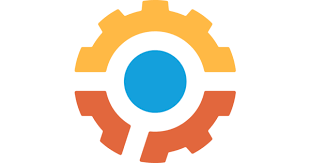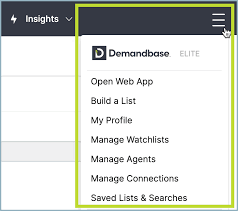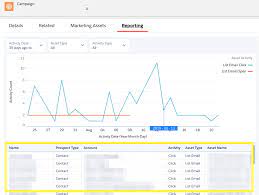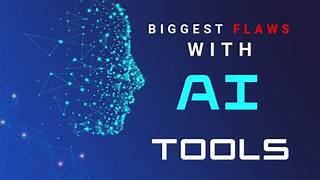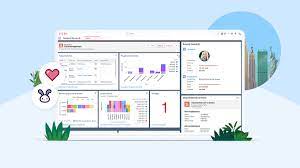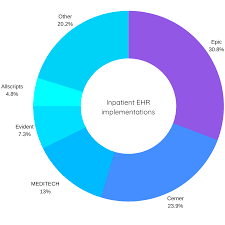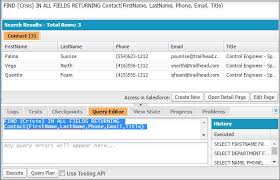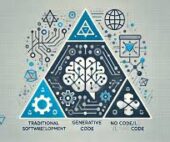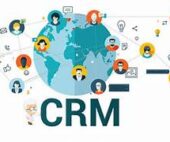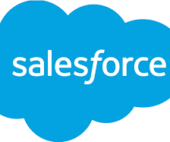Salesforce has signed a definitive agreement to acquire PredictSpring, a leading unified omnichannel retail platform in the retail POS market. This acquisition aims to enhance Salesforce’s Customer 360 capabilities by integrating PredictSpring’s technology into physical retail environments. Jeff Amann, EVP of Salesforce Industries, emphasized the potential synergies: “Consumers demand a retail experience that seamlessly blends physical and digital shopping. The combined talent, resources, and innovation of Salesforce and PredictSpring will empower brands and retailers to drive frictionless and personalized engagement across all touchpoints.” PredictSpring’s modern POS software offers a fast checkout service centered around customer experience. It advocates for intelligent and user-friendly technology to revolutionize in-store operational efficiency. On its website, PredictSpring details how its unified retail platform enables consistent shopping experiences by incorporating features such as diverse payment options, inventory access, customer data management, and personalized recommendations. This alignment supports Salesforce’s 360-degree customer view, multi-tender payment management, and streamlined customer experiences. PredictSpring also provides Cloud POS solutions, enabling mobile transactions within stores, and includes features like Store Operations, Clienteling, Endless Aisle, and Store Fulfilment to enhance worker efficiency and shopper experience. Its Content Management System (CMS) allows retailers to create customizable experiences matching company branding, promotions, and loyalty programs. Already a Salesforce partner, PredictSpring has integrated Commerce Cloud and Service Cloud. Its customers include Movado, LoveSac, Steve Madden, Suitsupply, Bouclair, and Deceim. Nitin Mangtani, Founder & CEO of PredictSpring, expressed enthusiasm for the partnership: “We are excited about the future of PredictSpring and what this means for the retail industry at large. We’re energized by the opportunity to make an even greater impact on the future of shopping as part of Salesforce.” Why PredictSpring mPOS? Retailers have become acutely aware of the detrimental impact that outdated legacy point of sale systems are having on their brand’s reputation and overall customer satisfaction. The consequence is evident in prolonged queues and an unsatisfactory shopping experience. However, the remedy to this challenge presents itself in the form of a modern solution: the mobile point of sale (mPOS). Forward-looking brands are embracing the concept of prioritizing mobile-first POS systems as the natural progression, and the integration process is surprisingly straightforward – a seamless extension to existing point of sale infrastructure. Facilitate cash payments with a mobile point of sale, streamlining the payment experience. With the Modern POS, store devices are wirelessly connected to a cash drawer so payment can be taken from anywhere in-store, leading to a higher engagement and conversion rate with customers. According to research released by Capterra, “48% of retail workers prefer using mPOS”. PredictSpring True Omnichannel Replace the need for separate technology stacks with a completely unified retail platform. PredictSpring ensures in-store experiences benefit from the same functionality as online ones. This includes the same payment options, company-wide inventory access, customer data management and personalized product recommendations. With these capabilities, stores are empowered by a truly Modern POS that provides seamless cross-channel personalization, inventory management, order management and order fulfilment. Encompassing the power of a full Modern POS, the system offers brands 50+ 00TB modules of integrated technology, including mPOS, clienteling, order fulfilment, order management and inventory management features. The Modern POS platform provides store associates with a 360 view of customers and access to a global inventory, resulting in a fully integrated brand experience at every touchpoint. This way, when a customer visits in-store they can interact with the physical products and receive a high-touch service while also still benefiting from the same access to inventory, reviews and recommendations as an online customer. APIs and Integrations PredictSpring is built for integrations. With the REST API, developers can access and seamlessly integrate PredictSpring functionalities into existing operations as well as other third-party applications. The platform’s API layer allows data to be shared securely across channels while minimizing risk. With this added flexibility comes the ability to create individually personalized and completely seamless experiences both online and in-store. Leverage easy integrations to offer more payment options for global customer bases. PredictSpring supports integrations with third-party payment providers such as Adyen, Elavon and Stripe to simplify the collection of global payments. PredictSpring fully supports omni channel order management. Ensure orders arrive on time while incurring the lowest costs with item-level smart order routing and rules-based configurations. Leverage inventory, location and fulfilment data to ensure order routing is optimized for orders on all channels – whether in-store or eCommerce. Leverage enterprise-wide inventory data and integrate with third-party logistics platforms to maintain a full, real-time picture of inventory. As well as cycle counts and easy inventory adjustments, the platform supports integration with RFID to ensure accurate inventory data. As well as offering BOPIS and curbside pickup solutions, the PredictSpring platform natively supports find in store and ship to store capabilities to maximize fulfilment options. Pick and pack allows fulfilment from any location with orders also able to be routed from store to store. PredictSpring allows the device’s own camera to be used as a barcode scanner, with no additional hardware required, to ensure easy order tracking functions for associates. Salesforce Commerce Cloud With a secure integration with Salesforce Commerce Cloud, PredictSpring offers even more flexibility. Users can choose to utilize features as a combined offering or independently to suit requirements. With this partnership, PredictSpring customers can benefit from the deployment of key Salesforce features including, customer data insights, order management, cart synchronization, product information management and more. AI-Based Voice Assistant Natural Language Based Voice Assistant for Modern POS Retail in the digital era is a story of constantly rising customer expectations. These days, customers demand seamless omnichannel experiences, so they can shop whenever and wherever they want. They expect personalized in-person shopping experiences, instant gratification, and fast, reliable delivery options. The only way to continue to meet these expectations at scale without breaking the bank is to harness the capabilities of AI—which is where the PredictSpring Modern POS comes in. As Modern POS systems have evolved into a complete operating system for stores with functionality ranging from checkout, returns, store fulfillment, clienteling,


